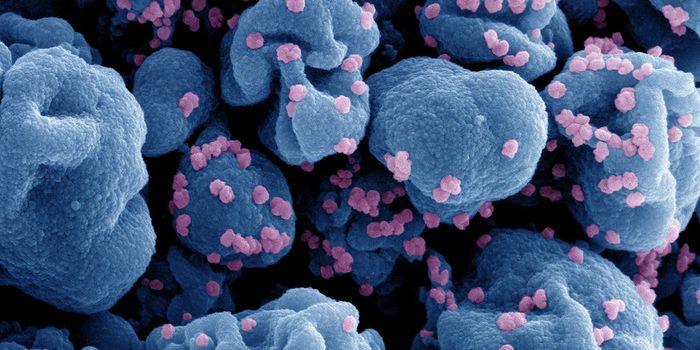Asthma Inhalers Slash Risk of COVID Hospitalization by 90 Percent
For mild cases of COVID, doctors recommend the usual regimen for getting through a cold or flu: Staying hydrated and resting at home. For those experiencing severe COVID symptoms, receiving a hospital-administered dose of an approved therapy such as monoclonal antibodies is the best option.
But what if an over-the-counter drug could help reduce the need for hospitalization altogether? An international team of researchers has conducted a trial demonstrating that inhalers used to treat asthma can help patients avoid urgent care.
As part of the STOIC (STerOids In COVID-19) study, researchers tested the potential of a corticosteroid called budesonide as a means of providing relief for COVID patients. Nearly 150 patients enrolled in the trial, half of whom received the asthma inhaler twice a day within seven days of the onset of symptoms. The other half received current standards of treatment.
Those that inhaled budesonide experienced accelerated recovery times. More importantly, the treatment reduced the relative risk of ending up in the emergency room by 90 percent over the course of the month-long study.
The data from the trial have been published on the medRxiv pre-print server.
Asthma is a chronic inflammatory disease of the airways that causes shortness of breath, chest tightness, coughing, and wheezing. Many asthma patients have their inhalers close at hand for quick relief when symptoms begin to creep up. The steroids in the inhalers work by quickly relaxing the airway muscles so that they can breathe easily again.
The potential of deploying inhaled corticosteroids as a COVID countermeasure could have a tremendous impact on communities everywhere, particularly those with limited access to healthcare facilities.
“The possibility of reducing the long-term effects from persistent COVID-19 symptoms is also exciting. This cheap and widely available intervention can be rolled out very quickly across the world while we wait for vaccines to get to everyone,” said Sanjay Ramakrishnan, one of the authors of the study.









